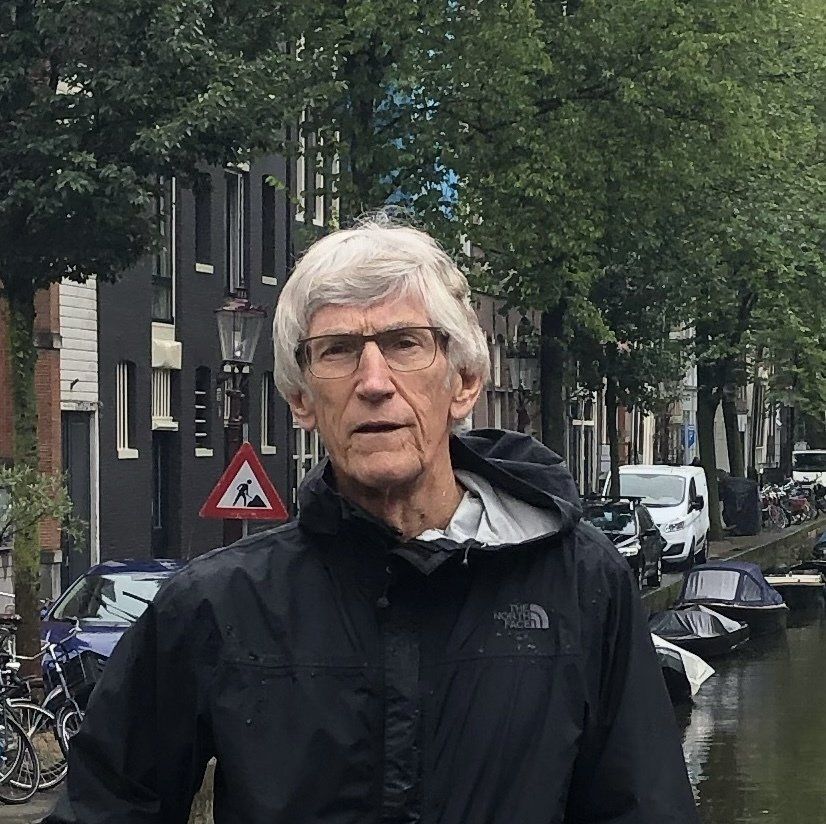August Advocate Spotlight
Phil Howard

1. How long have you been an Advocate and when did you realize you wanted to become one?
I have been an Advocate for about one year. I was looking for something rewarding to do to help fill my time. I asked God to guide me to something where I might possibly be able to make a difference in other people’s lives. Shortly thereafter, I was leaving HEB and saw a CASA banner above the street intersection. I called the CASA office and the rest is history.
2. What is the most rewarding aspect of being an Advocate?
There are several rewarding and challenging aspects to being an Advocate. In the case I am involved in, two of the children were initially placed in a shelter and one was placed in a foster home. They were eventually all placed with a family member, but this ended up not being a safe and healthy environment. Throughout this time I made extra efforts to have consistent contacts with the doctors, dentists, school teachers and counselors involved to ensure they were getting proper care. They were able to be placed with another family member and this appears to be a safe and permanent home for them. But overall for me and probably the most rewarding part has been to see the children overcome so many challenges they have been faced with and know that I have been a part in helping them move forward in life and hopefully have a much brighter future.
3. If you could offer some words of encouragement to your fellow and incoming Advocates, what would they be?
For anyone considering being an Advocate or are a new Advocate, my experience is it has changed my life in a very positive way. Going through the training can be a little overwhelming. However, once you are involved in a case, with effort and guidance from your CASA supervisor, you quickly grasp what needs to be done to effectively help your children and others involved in the case. Being an Advocate is a challenge, but one well worth your time.








